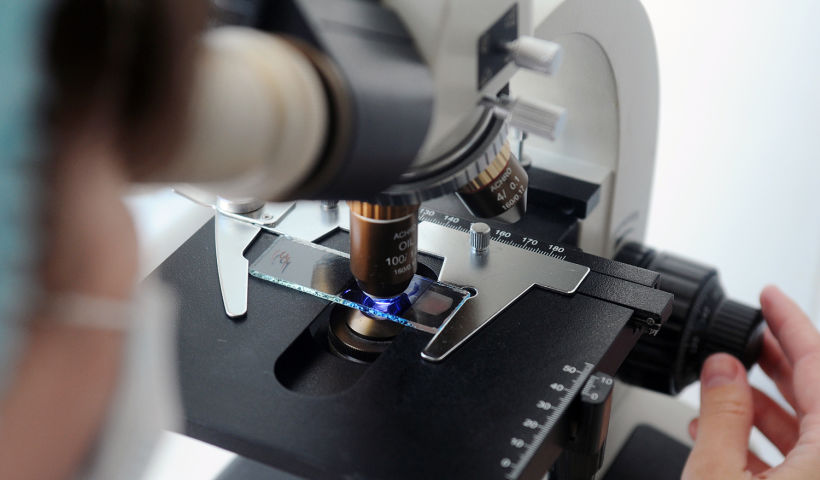Winners of the BRICS Young Innovator Prize Competition were announced during the BRICS Young Scientist Forum, which took place on 21‒25 September.
The contest’s aim was to encourage best research and innovation projects in three areas: ecology, materials science and the use of artificial intelligence in environmental protection and materials science. The jury consisting of scientists and innovation experts from each of the BRICS countries evaluated the contestants based on whether their projects offered innovative and technological solutions to the current social, economic and environmental issues in the BRICS countries.
Gift Lubele, researcher from South Africa, won the first prize in the competition for developing a waste recycling programme, which he calls “an Uber for waste recycling.” The South African innovator proposed a programme for coordinating people who “produce” rubbish and people who process it – namely, by managing the waste collection and recycling process, from the rubbish bin to the recycling plant, and building relationships with recycling companies to boost the efficiency of the waste recycling industry and reducing the processing costs. The project creator also proposed possible uses for recycled materials – for example, clothing production.
Winners of the BRICS Young Innovator Prize Competition:
1st place: Gift Lubele (South Africa), for a waste recycling programme;
2nd place: Ivan Shortsky (Russia), for the development of eco-materials;
3rd place: Hanyang Wang (China), for the development of automatic environmental monitoring systems.
Russian prize winner Ivan Shortsky representing Kuban State Technological University commented: “The Forum was held online for the first time; however, this did not prevent the participants from collaborating efficiently. It was exciting to hear reports by other participants and establish contacts with colleagues from different countries. Perhaps eventually, we will come up with a new joint project. This year we focused on developing eco-materials based on food waste.”
